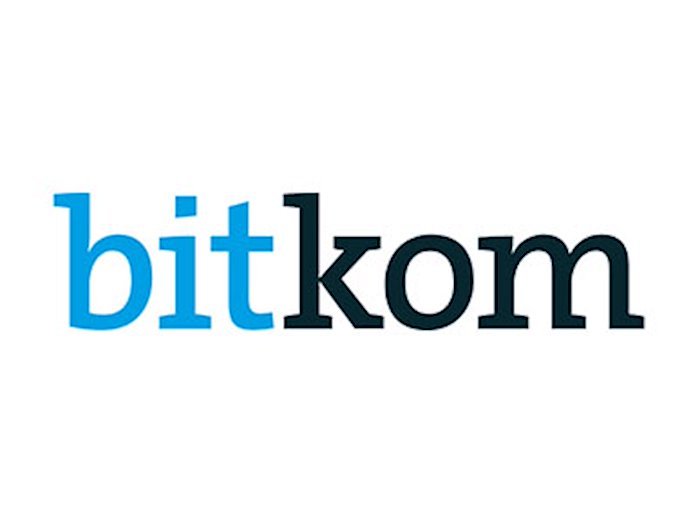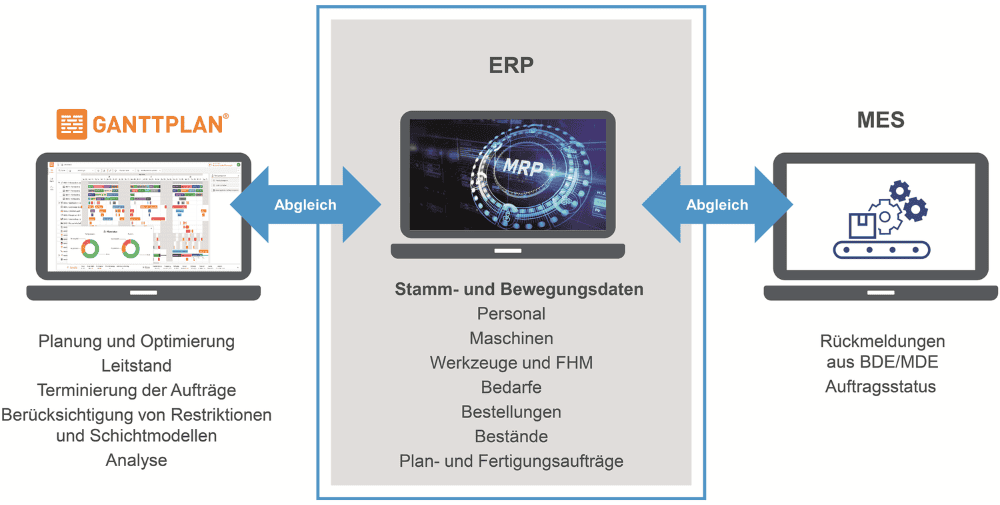
Two years ago, the percentage of companies that used blockchain was only 1 percent. At that time, moreover, 87 percent said they had not yet dealt with the topic at all; currently, the figure is significantly lower at 54 percent. “Blockchain can make processes more secure and transparent, and at the same time it opens up opportunities for new products and new business models in a wide range of industries,” says Benedikt Faupel, Head of Blockchain at Bitkom. “We don’t see a blockchain boom in the economy, but a slow approach and continuous growth in its use.”
Only 2 percent of all companies see themselves at the forefront of blockchain, with another 9 percent among the pioneers. But just over half (56 percent) consider themselves laggards, with about a quarter (26 percent) already lagging behind. Among companies already using, planning to use or at least discussing blockchain, 7 percent see themselves in the lead, 28 percent among the trailblazers, 48 percent among the laggards and 11 percent lagging behind.
Companies see blockchain potential in a wide variety of applications
The companies already using, planning to use or discussing blockchain see the greatest potential in the traceability of the activities of all partners in a value chain – 63 percent see very great potential in this. This is followed by blockchain as a secure system for issuing certificates or notarizations (58 percent), as a transaction system for the Internet of Things (48 percent), as an interoperable interface for data exchange (45 percent), for securitizing real goods and financial securities (44 percent) and, more generally, for conducting business on intermediary-free digital marketplaces (42 percent). Blockchain continues to be seen as having very high potential for identity management of people, machines and sensors and for collecting funding (39 percent), as well as for data quality management (36 percent). “Blockchain has potential for a wide variety of uses. Especially when it comes to transparency and traceability and different partners come into play, blockchain can make an important contribution,” Faupel said.
The companies that already use blockchain, plan to do so or are discussing it have high expectations for the technology, with 95 percent saying it will help them adapt existing products and services. 85 percent believe it will enable them to offer new products and services, and about two-thirds (68 percent) even plan to develop new business models using it. 80 percent expect to be able to reduce transaction costs with blockchain.
Blockchain hurdles: Personnel, know-how and legal uncertainty
If all companies are asked about the biggest hurdles to blockchain deployment, a lack of qualified personnel (84 percent) and a lack of technical know-how (82 percent) are named most frequently. This is followed by legal uncertainties (76 percent), data protection requirements (72 percent) and IT security (70 percent). However, doubts about the technology also play a role. Two-thirds lack robust use cases (67 percent), and a similar number believe the technology is not yet mature (64 percent). Sixty-one percent complain about a lack of standardization of blockchain applications (61 percent), 53 percent about a lack of scalability and performance. Around a quarter also lack time (29 percent) or management support (27 percent). Only 6 percent consider other technologies superior.
Sustainability: opportunities and risks of blockchain
On the topic of blockchain and sustainability, opinions differ. Two-thirds (64 percent) believe that blockchain will enable companies to make their carbon footprint in supply chains transparent. Half (51 percent) expect blockchain to improve CO2 certificate trading and thus contribute to greater sustainability. However, another 51 percent also say blockchain technology consumes too much energy. “The technology’s energy requirements depend heavily on the blockchain used – and great improvements have been made here in recent years. At the same time, the blockchain can make an important contribution, especially when it comes to sustainability, through transparency and traceability,” says Faupel.
Broadly speaking, companies would like to see more commitment from policymakers to the blockchain. 70 percent want an update of the German government’s blockchain strategy, and just as many want public authorities to become pioneers in blockchain use. Fifty-seven percent advocate greater support for the education and training of blockchain experts. At the same time, 83 percent believe that German politicians have not yet recognized the importance of blockchain technology.
– – –
Further links
👉 www.bitkom.org
👉 Presentation: Blockchain – Where does the German economy stand?
Photo: pixabay




